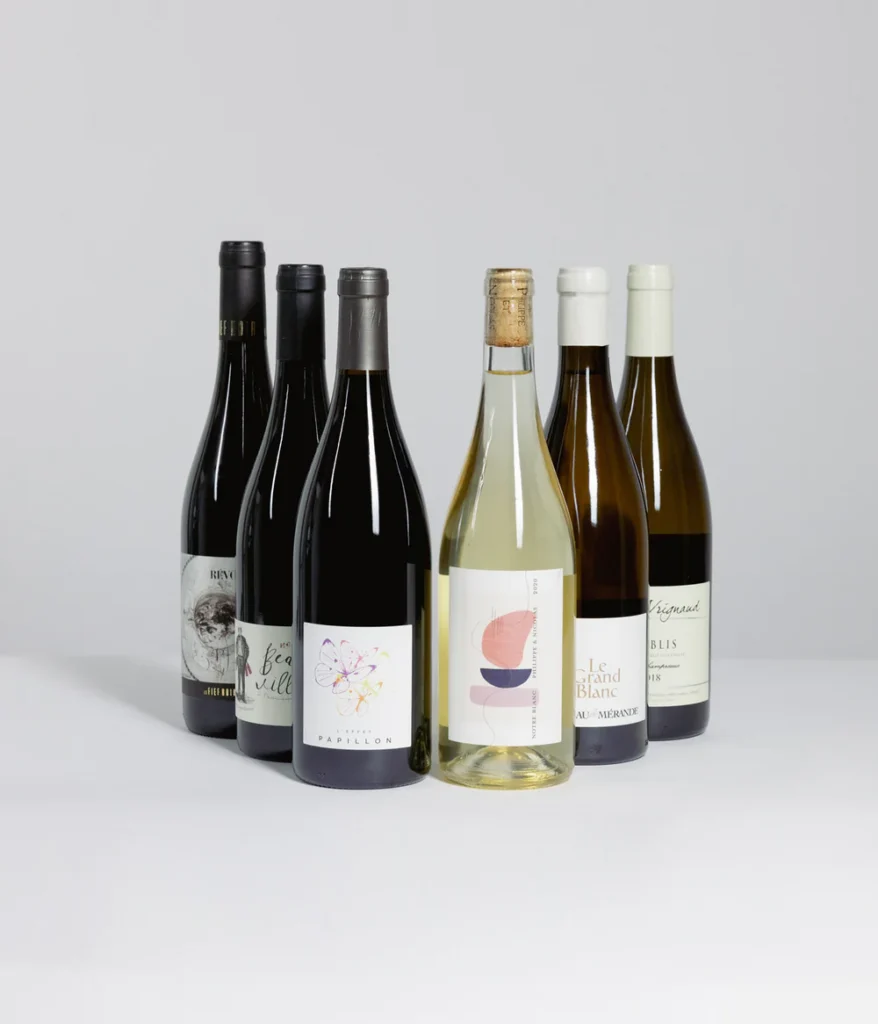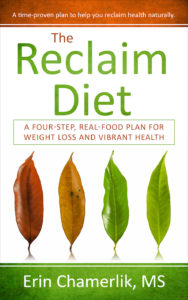
Natural Wine – Dry Farming, No Irrigation

It is easy to find Natural, Low Carb Wine!
Ready for some good news about wine!
Wine can be healthy for you. Moderate consumption can help you live longer but you need to drink clean, low-carb wine that has been grown and fermented traditionally without the use of chemicals and toxins.
You can find good NATURAL wine! You can find wines with lower alcohol content so that you can enjoy having a glass of wine with dinner and have no ill effects from the toxins, higher sugar and higher alcohol content found in most U.S. wines.
Natural wines are free of commercial processing and additives. They are not irrigated, rather dry-farmed.
I found a company, Dry Farm Wines, that has done their homework and their lab testing to give us access to wine that we can trust.
Get a bottle of wine for a penny!

Here is what Todd White, founder of Dry Farm Wines had to say.
“After tasting a few of these wines, there was no going back. I could not only TASTE the difference, I could FEEL it.”
What about the carbs in wine! Even natural wine may have too much sugar for some of us.
“Since I was following a Ketogenic Diet (where sugar is public enemy #1), I wanted to drink only sugar-free wines and most wines have high levels of residual sugar.
To know exactly what was in them, I started lab testing each wine and only keeping the ones that met my health standards.
Whenever I shared these wines with friends, everyone fell in love with them.
It was from this personal journey that the natural, healthy, and quantifiably clean wine club that thousands of people now regularly enjoy was born.”
Dry Farm Wines all share natural farming and traditional winemaking practices, including:
- Natural, organic or bio-dynamic viticulture/farming
- Dry farming, no use of irrigation
- Old growth vines, generally 35-100 years
- Hand harvested fruit from low yields
- Minimal intervention in the vinification and aging
- Wild native yeast in fermentation
- No commercial yeast for flavor alteration
- No or minimal filtering/fining
- No or minimal use of new oak
- No or minimal addition of SO2 (sulfites)
- No chaptalization (adding sugar to the grape must in fermentation)
- No chemical additives for aroma, color, flavor or texture enhancement
Take a look at Dry Farm Wines website for more information and resources, and be sure to check out the lab testing tab and the resources tab.
Did you know there are over 75 additives allowed in typical wine-making in the US, read more here.
Recommended
-
Dandelion for Liver Support and Health BenefitsJuly 20th, 2024
-
Modified Citrus PectinJuly 11th, 2024
-
Bentonite Clay Mask for Face and ArmpitsJuly 8th, 2024
-
Two Supplements for Erectile DysfunctionJune 30th, 2024








